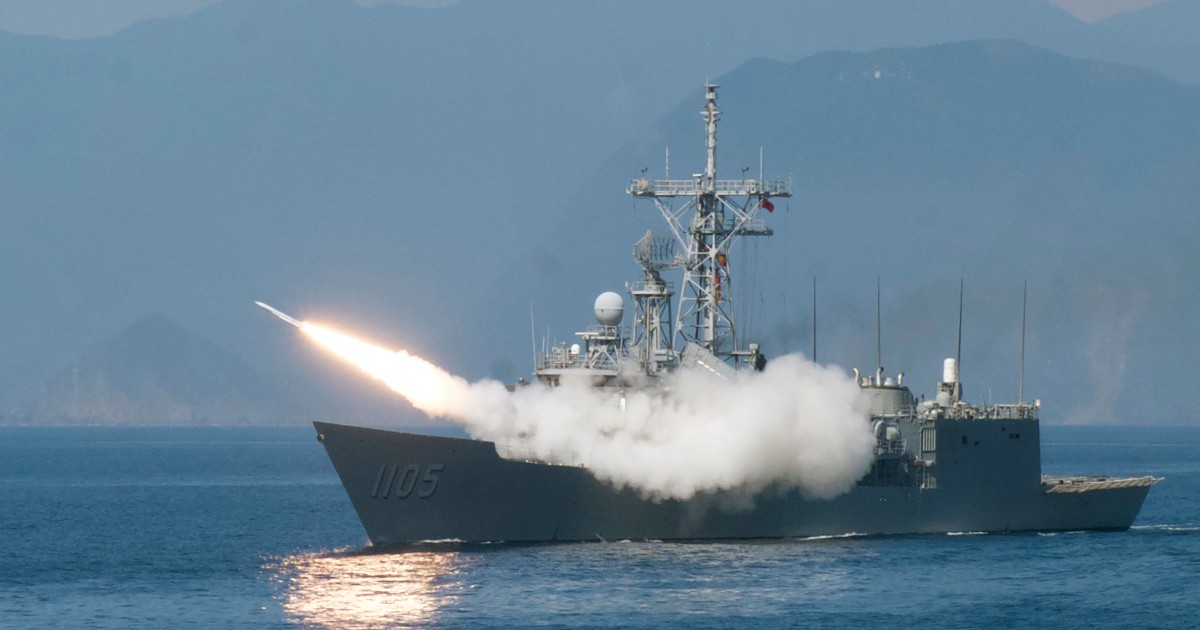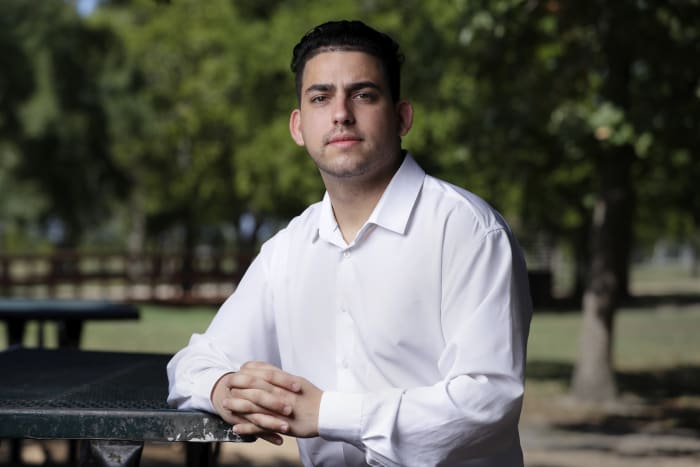This post may refer to COVID-19
To access official information about the coronavirus, access CDC - Centers for Disease Control and Prevention.

www.nbcnews.com
Fears grow as China fumes over possible Pelosi visit to Taiwan
Beijing’s statements on House Speaker Nancy Pelosi’s possible trip to Taiwan do not stray far from what has been said before, but in China and the U.S. fears of escalation are growing.
International
HONG KONG — While China’s statements over House Speaker Nancy Pelosi’s possible trip to Taiwan do not stray too far from what it has been saying for decades, insiders in Beijing and Washington worry that they are not empty threats.
“It’s a tough call for the administration,” said Michael Green of the Center for Strategic and International Studies in Washington, who helped shape Asia policy as a senior official in the George W. Bush administration.
“If they pressure Pelosi to back down, they will invite greater Chinese threats and pressure in the future and increase the odds of a crisis again down the road,” he said. However, he said, “if they support her going, they risk escalating tensions in the Taiwan Strait.”
“They’ve got to find an elegant resolution,” he added.
The spiraling controversy over Pelosi’s trip, which has not been confirmed by her office, has created a dilemma for both the U.S. and China amid already strained relations and growing alarm in Washington over the fate of Taiwan, a self-ruling democracy of 24 million people that Beijing claims as its territory.
Chinese leader Xi Jinping has not ruled out the use of force to achieve “reunification.” Although there are no signs of an imminent invasion, China has been ratcheting up its military activity around the island, and it claims sovereignty over the entire Taiwan Strait, which U.S. warships often transit through.
Top U.S. military officials say that in the past five years, the Chinese military has grown more aggressive not just around Taiwan, but also throughout the broader region. Beijing denies the charge, pointing instead to Washington’s own more frequent military activities “on China’s doorstep.”
Since the news broke that Pelosi might be planning a trip to the island, Chinese officials and state media have been characteristically vehement in their opposition, repeating warnings over what they see as foreign interference in the Taiwan issue.
“Should the U.S. side insist on making the visit, China will act strongly to resolutely respond to it and take countermeasures,” a Chinese Foreign Ministry spokesman said, arguing that the speaker’s visit would send the wrong message to advocates of independence for the island. “We will do what we say.”
Hu Xijin, the retired editor of the state-backed newspaper Global Times, went further.
“If the U.S. can’t restrain her, let China restrain her & punish her,” he wrote on Twitter. “[The Chinese] Air Force will surely make her visit a disgrace to herself and to the U.S.”
While Washington recognizes Beijing as the official government of China, it maintains unofficial relations with Taiwan and is bound by law to provide it with defensive weapons.
Some U.S. lawmakers have been urging the White House to take a more assertive stance on Taiwan, and support for Pelosi’s trip has only grown since President Joe Biden said last week that the U.S. military thought it was “not a good idea right now.” In a rare display of unity, both Democrats and Republicans on Capitol Hill are urging Pelosi to go.
The controversy comes as Biden and Xi are set to hold their first phone call in four months. The call is expected to take place on Thursday, a source familiar with the matter told NBC News. Topics of discussion are likely to include tensions over Taiwan, the Russian invasion of Ukraine and economic issues.
Pelosi’s office has not confirmed the trip, citing security issues around any international travel by the speaker. A visit planned for April was postponed after she tested positive for the coronavirus.
Joanne Ou, a spokesperson for the Taiwan Foreign Affairs Ministry, told NBC News on Wednesday that “we have not received any definite information regarding Speaker Pelosi’s visit to Taiwan.” Premier Su Tseng-chang said that he appreciated Pelosi’s support over the years and that foreign visitors are welcome, local media reported.
U.S. lawmakers and other current and former government officials regularly visit Taiwan, including at least two congressional delegations since April. But Pelosi, who is second in the line of succession to the presidency after Vice President Kamala Harris, would be the most senior U.S. lawmaker to visit Taiwan since Newt Gingrich went there while he was House speaker in 1997.
























































